In Durrell's footsteps
Life on land



Your support will assist us to continue our research and content development, the greater our resources, the more we can do.
The more we have an accurate understanding of what is happening to nature, the more we can all do to protect what remains of our living planet.
This is also an opportunity for philanthropists to be part of an ongoing project that tells independent stories about the natural world, stories that will help us to better understand what is happening to species and places on our precious planet Earth.
Note: Creative Cowboy Films does NOT have tax deductible charity status.

The Nature Knowledge Channel is a very real way you can help the precious natural world and support the work we do in creating knowledge about the natural world.
Annual membership of the Creative cowboy films - Nature Knowledge Channel gives you full access to content, stories and films, available on this website. Becoming a member of the Creative cowboy films - Nature Knowledge Channel is a very real way you can help the natural world and support our work in creating a greater understanding about what is happening to it.
A point of difference
Creative cowboy films is independent, is not funded by governments or industry, and is not influenced by their associated interest groups. For reasons of independent research and content development, Creative cowboy films does NOT have tax deductible charity status.
Life on land
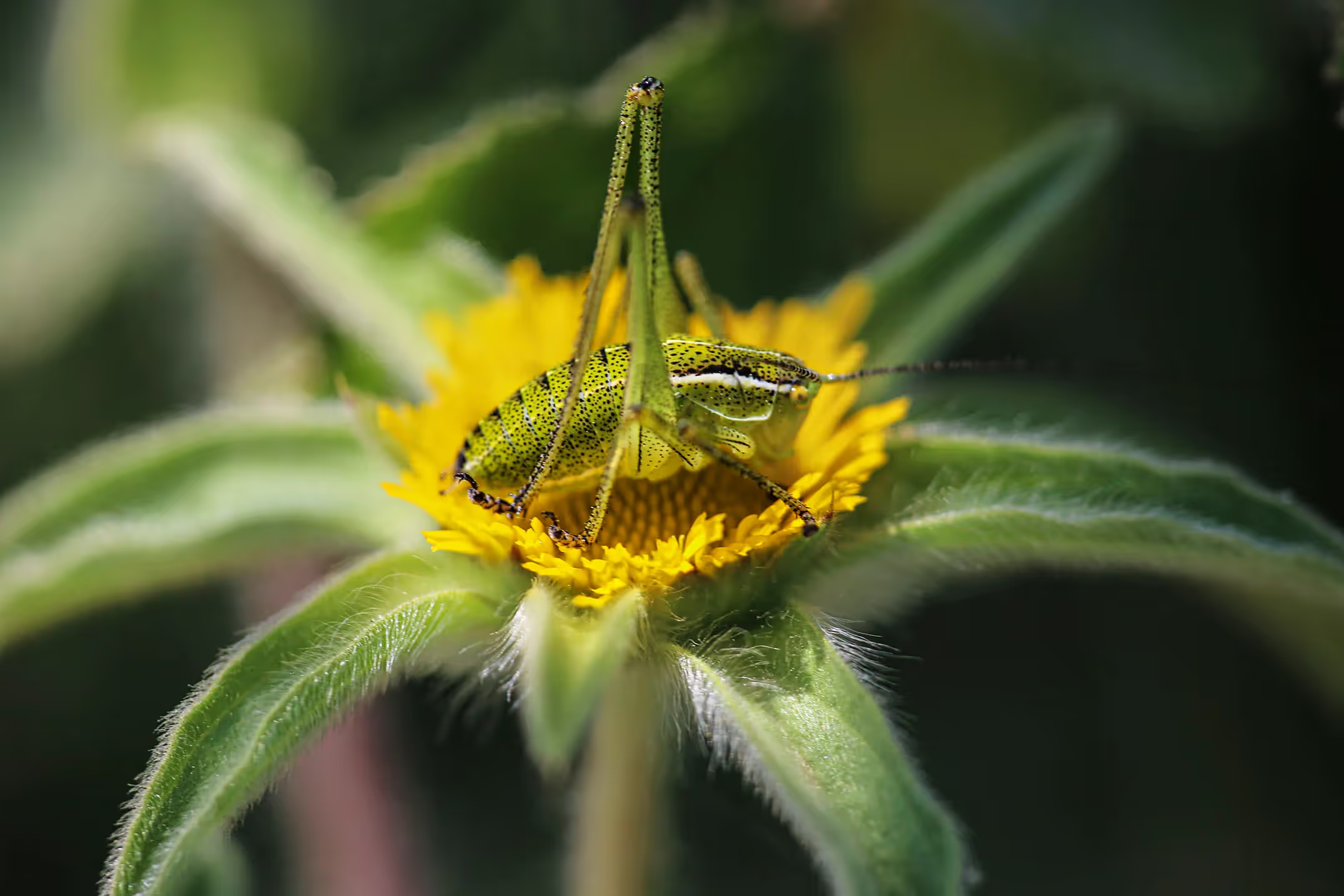
Our trip however had its purpose, and that was to explore Gerald Durrell’s life on Corfu. It is Gerald Durrell that I will focus on here but that is not to ignore the various talents of the rest of the Durrell family. Gerald had remained an important figure in my life, as a publisher I recognise his great skill at writing, his skill at describing the joy of the natural world and his skill at providing the world with strong messages about the conservation of habitats and species, sometimes grim messages packaged in a way that they sneak up on you. These communication skills are sorely missed.
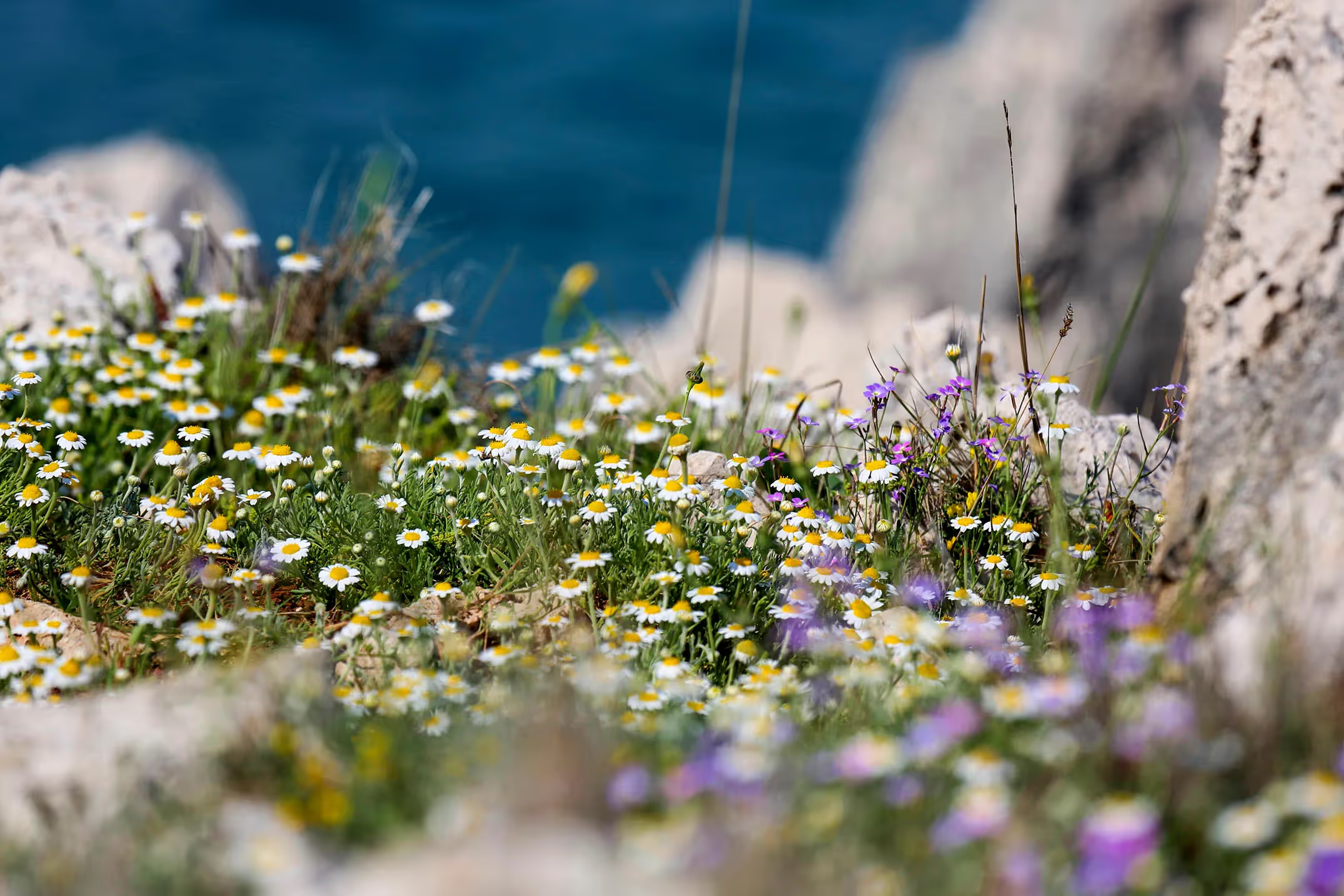
"July had been blown out like a candle by a biting wind that ushered in a leaden August sky. A sharp, stinging drizzle fell, billowing into opaque grey sheets when the wind caught it. Along the Bournemouth sea-front the beach huts turned blank wooden faces towards a greeny-grey, froth-chained sea that leaped eagerly at the cement bulwark of the shore. The gulls had been tumbled inland over the town, and they now drifted above the house-tops on taut wings, whining peevishly. It was the sort of weather calculated to try anyone’s endurance".
This paragraph is the very first by the naturalist Gerald Durrell in the book My family and other animals. The book of course describes the Durrell family’s escape from the all too often gloomy British climate as the family makes the decision to move to the Greek island of Corfu in the Ionian Sea and into the sunlight.
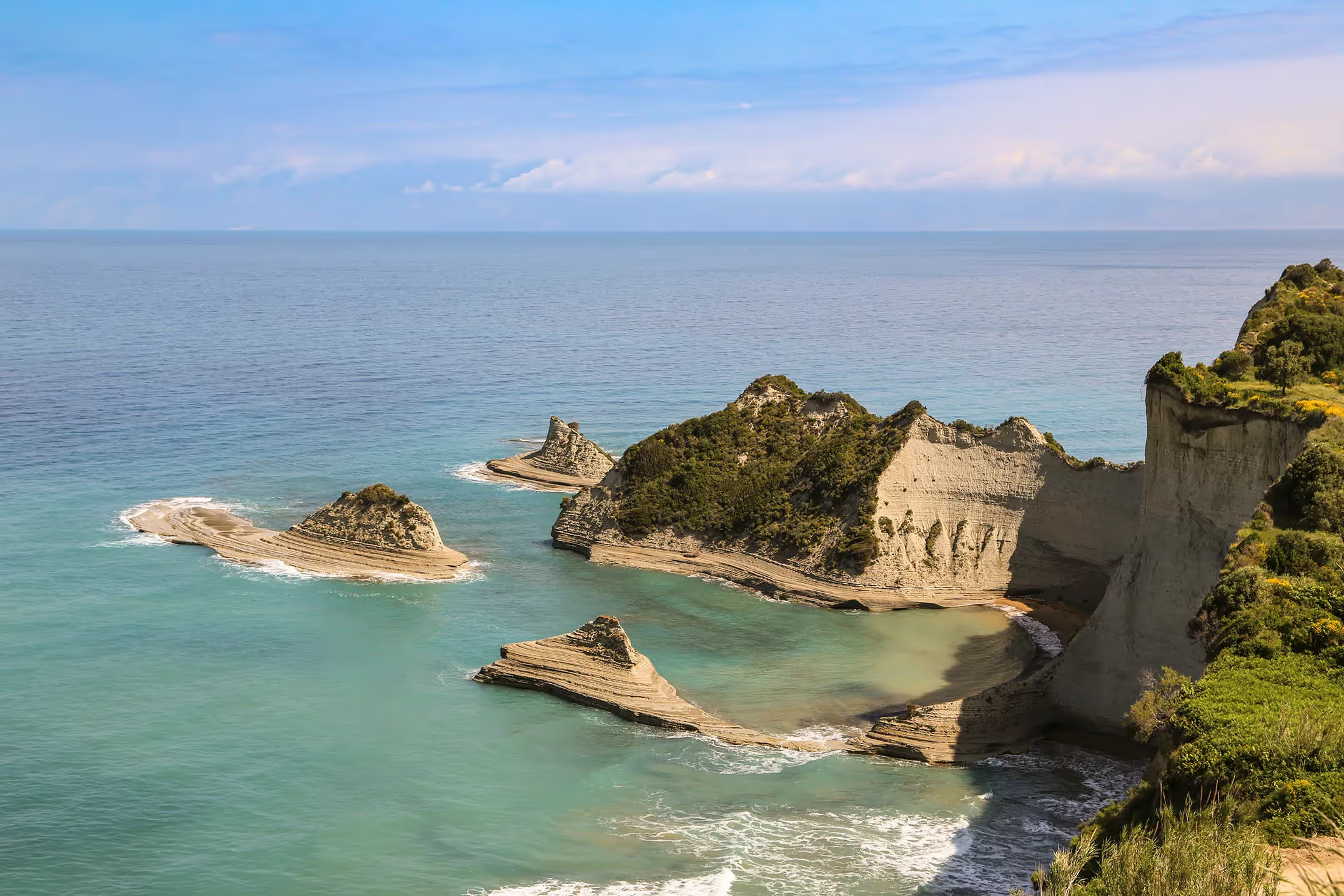
Soon we were leaving the runway at Heathrow for the three and a half hour flight to Athens. The flight passed quickly and it was not long before the deep blanket of clouds faded to small puffs of cotton wool to reveal the Alps below, once my own home. Then tracking on across Greece, the snow-capped mountains of the mainland sparkling in the bright sunlight. We spent a few happy days in the museums of Athens, a story for another time. Then back on the plane, this time a Dash 8-400, and so to Corfu.
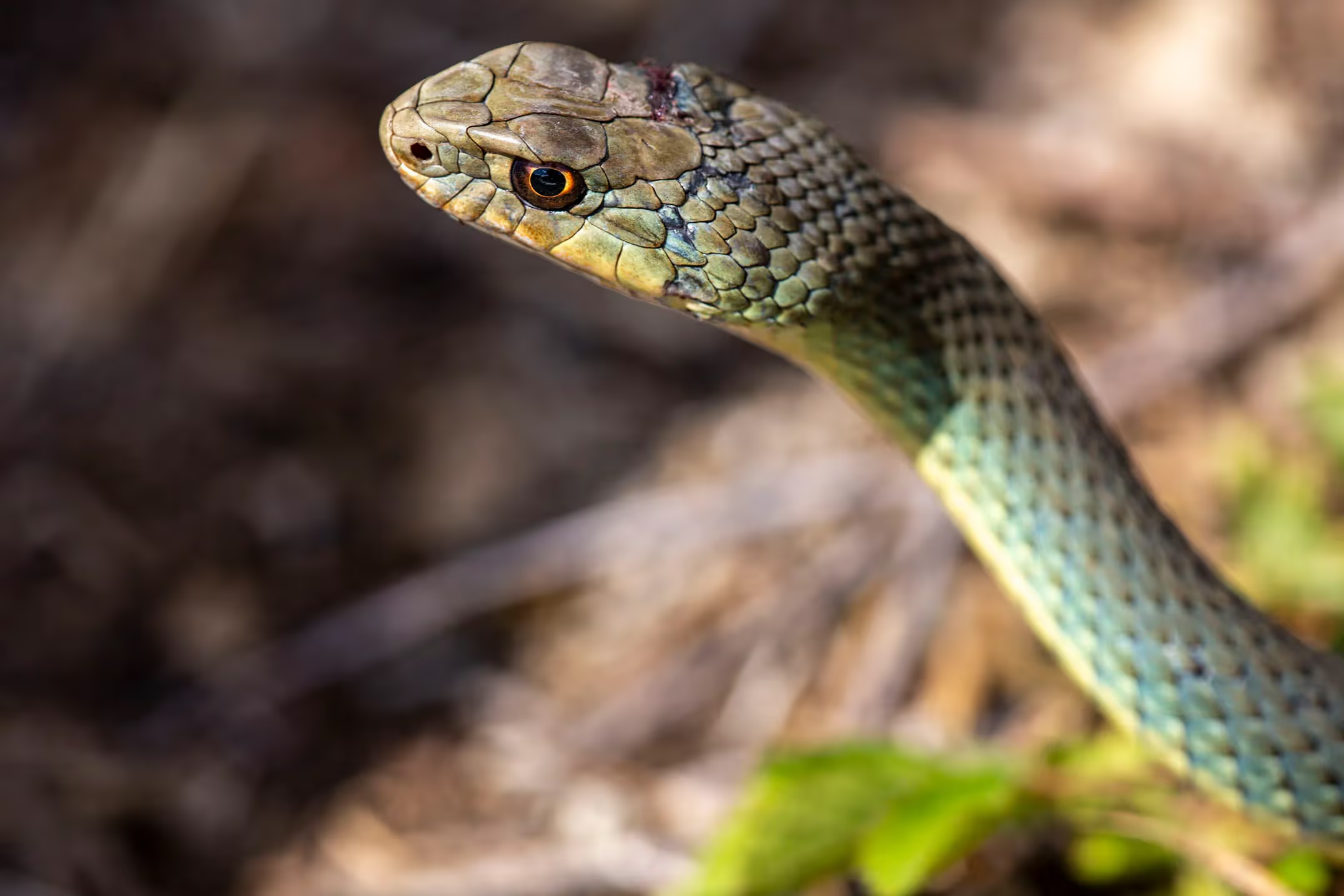
A very different Corfu from 80 years ago when the place would truly have been a paradise, more cars and hotels than Gerald could have imagined all those years ago. But still beautiful, the mountainous landscape protecting its wildness and its flora and fauna from at least some unseemly developments.
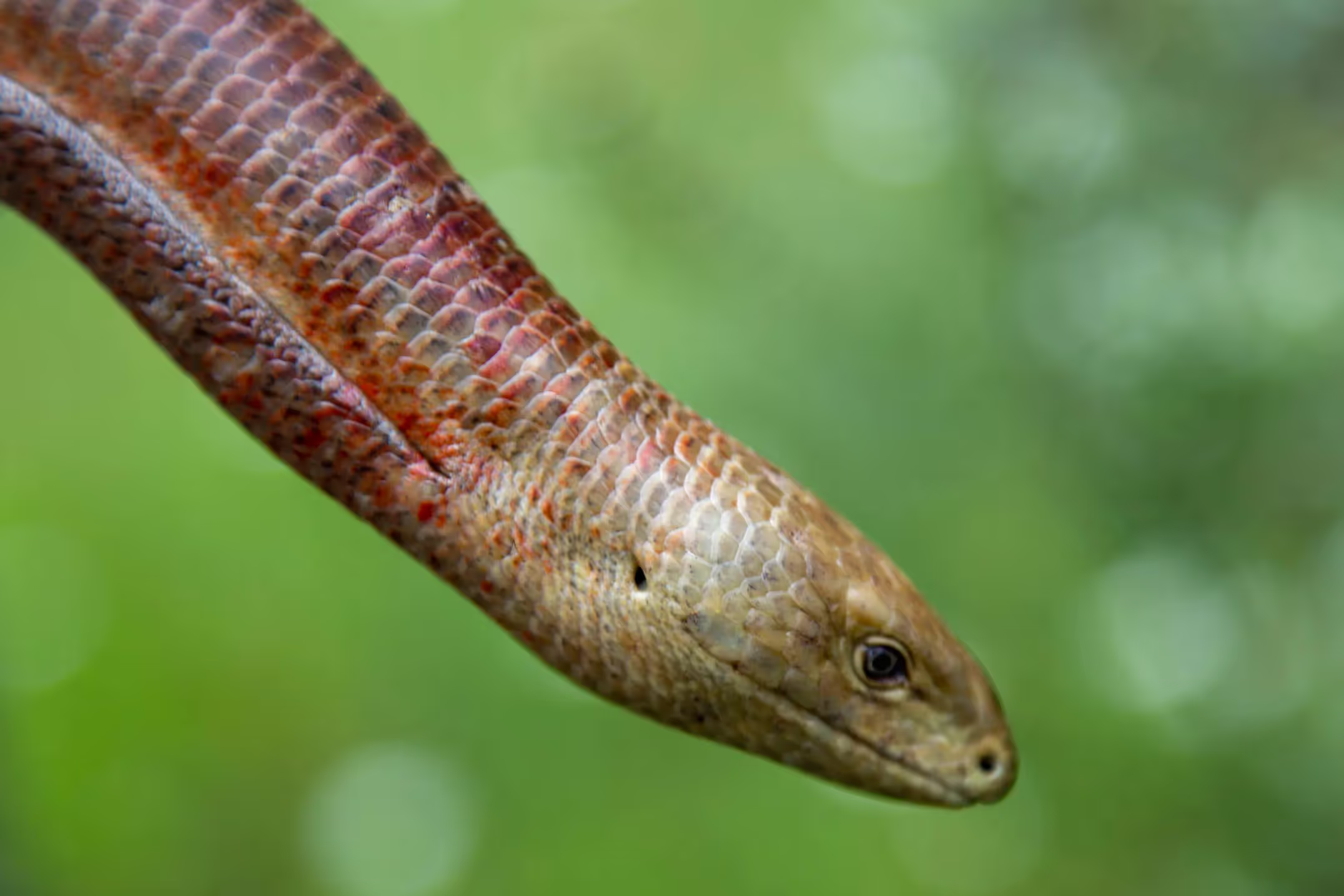
Almost it seemed in touching distant, the velvet hills of Albania. It was not so long ago that our friends would sit on their terrace in Northern Corfu and listen to the sound of machine gun fire echoing in the Albanian Hills, tragedies unfolding, so close, and yet so far from our new found paradise. We head north and away from Corfu Town with its twin fortresses to the small village of Perithia.

Things may sometimes seem to remain the same, as for the Durrell family, we too had our Spiro. In the Durrell’s case, Spiro was the fixer.
‘I’ll fixes it’
He was the taxi driver who helped the family negotiate the complications of Greek bureaucracy and daily life. In our case Spiro was a cook, a waiter and owner of the local taverna who would mysteriously appear behind the counter of the local supermarket (which he also owned) whenever we wanted to buy food or wine, truly a man for all reasons. Our Spiro similar in proportions to the one so perfectly described in My family and other animals.
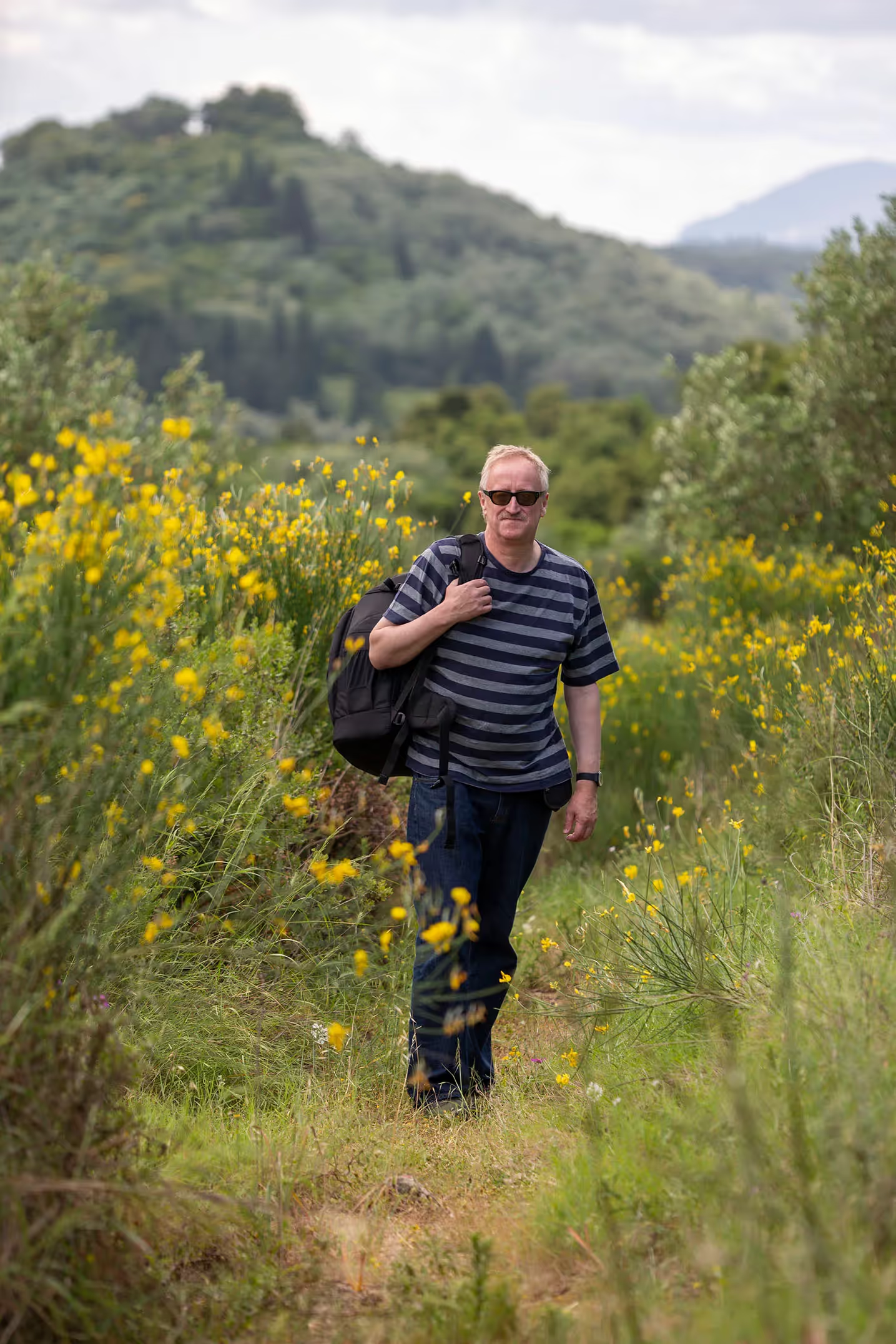
It was so that we found ourselves in happy circumstances, in a beautiful place, with the best of Greek food and wine just as the Durrell family had done all those years before.
What I think was so important about Corfu and Gerald’s time there was it triggered in him a lifelong and entirely focussed passion about the natural world. This passion in turn fired a vast array of creativity and content development, television programmes, radio and books and the famous Jersey Zoo (Durrell Wildlife Park) and the Durrell Wildlife Conservation Trust.
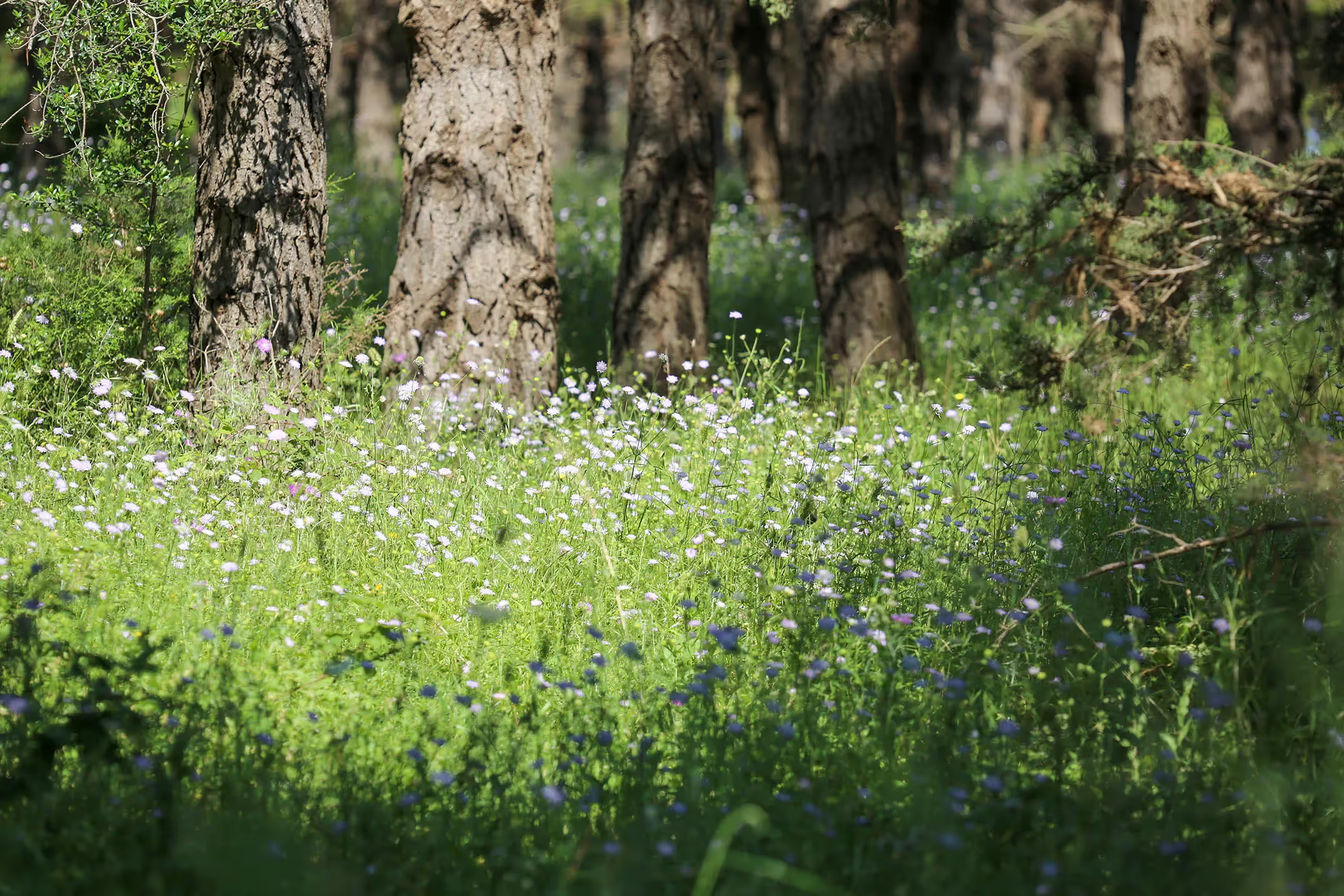
What this passion and talent for communication did was to ignite new interest about the natural world in Britain and beyond. However depressing we may think humanity’s conduct towards the natural world has become, there is no doubt that Gerald’s efforts at communicating the issues have had an enormous impact on attitudes about conservation, his impact on these things has echoed down the years.
We must now also become the echo of this drum to ensure the message, about why habitat and species conservation is critical to the wellbeing and future health of human populations and everything else that lives on Planet Earth, continues to resonate across generations and around the world.
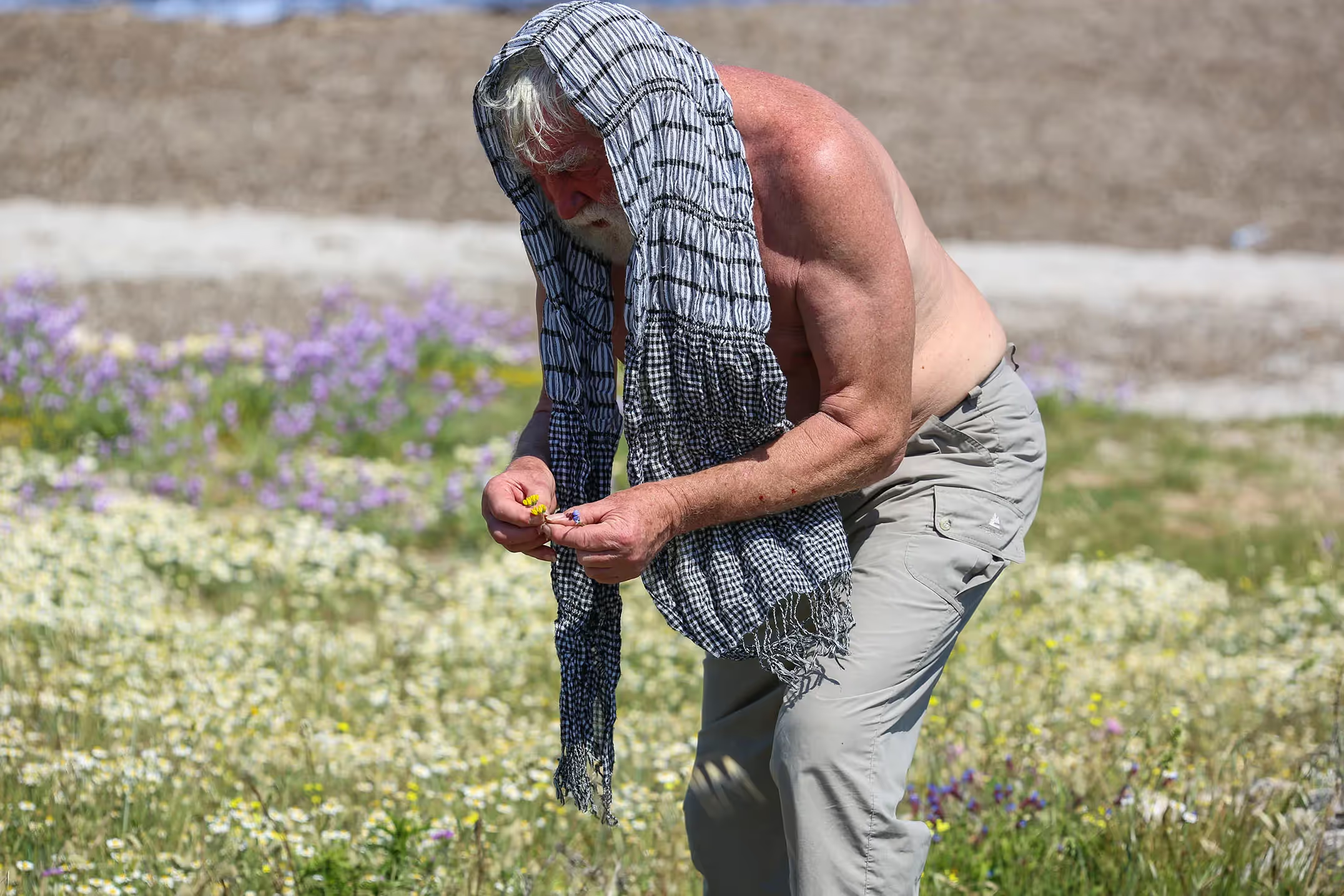
So what is left of the Durrell’s legacy in Corfu? Since 2002 The Durrell School of Corfu had conducted lectures and other events that concern the work of Gerald and Lawrence Durrell covering literature, history, politics, the arts and of course natural sciences. One highlight of the Durrell School’s annual programme was an event called Gerald Durrell’s Corfu, an event which allows participants to spend a week reliving Geralds’s life on the island, once more visiting the locations so beautifully described in his trilogy of books centred on Corfu.
These books are:
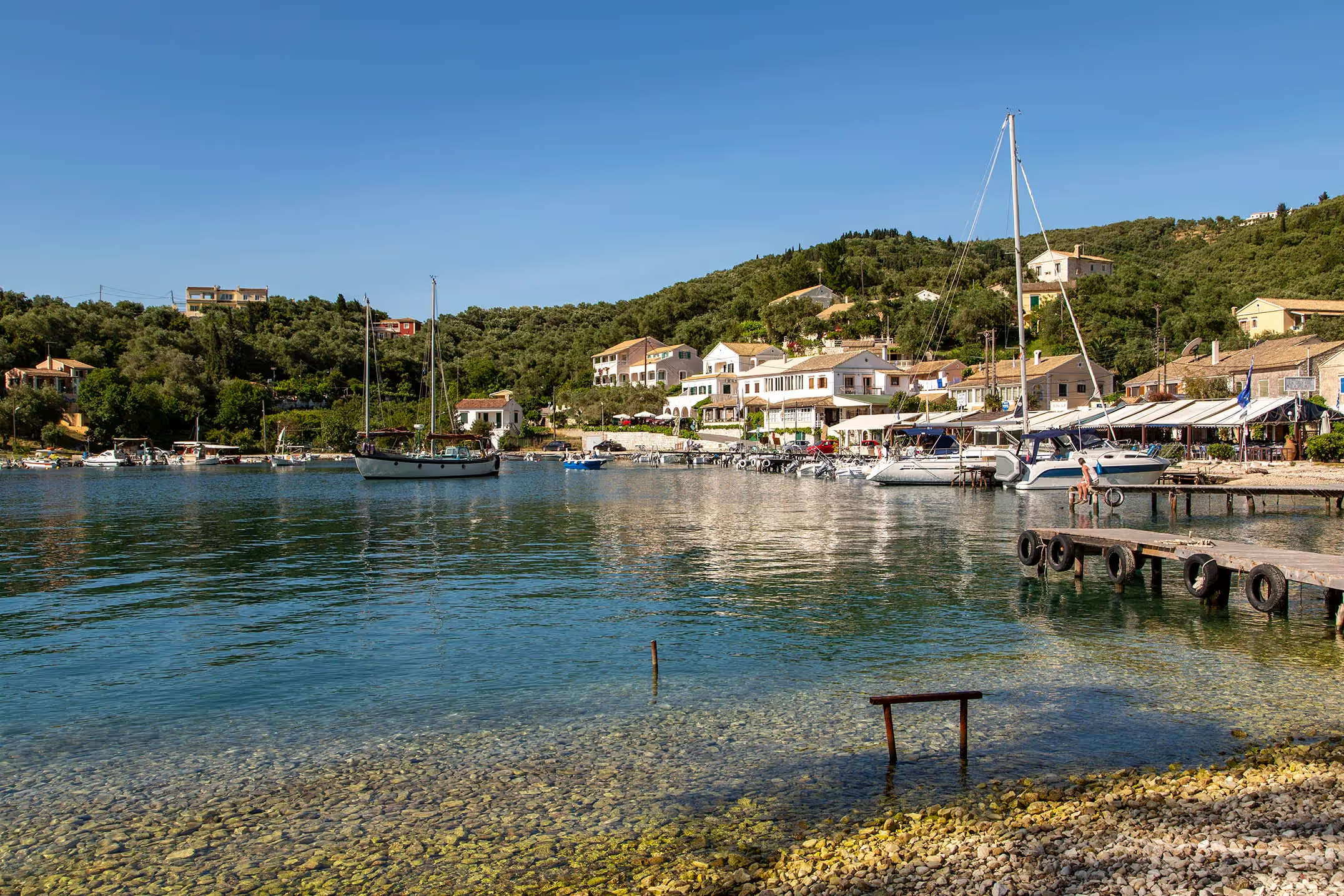
There are the places where Gerald looked for wildlife, the walks along the shoreline of Almiros and St Spyridon ‘the beach of white lilies’, trips to the interior and Old Perithia, and to Xanthes. There are the caves at Loutses. Walks through carpets of flowers, along beaches were the sand and the sea is caught in an endless dance as the sunlight skips from the Ionian jade sea to yellow shore.
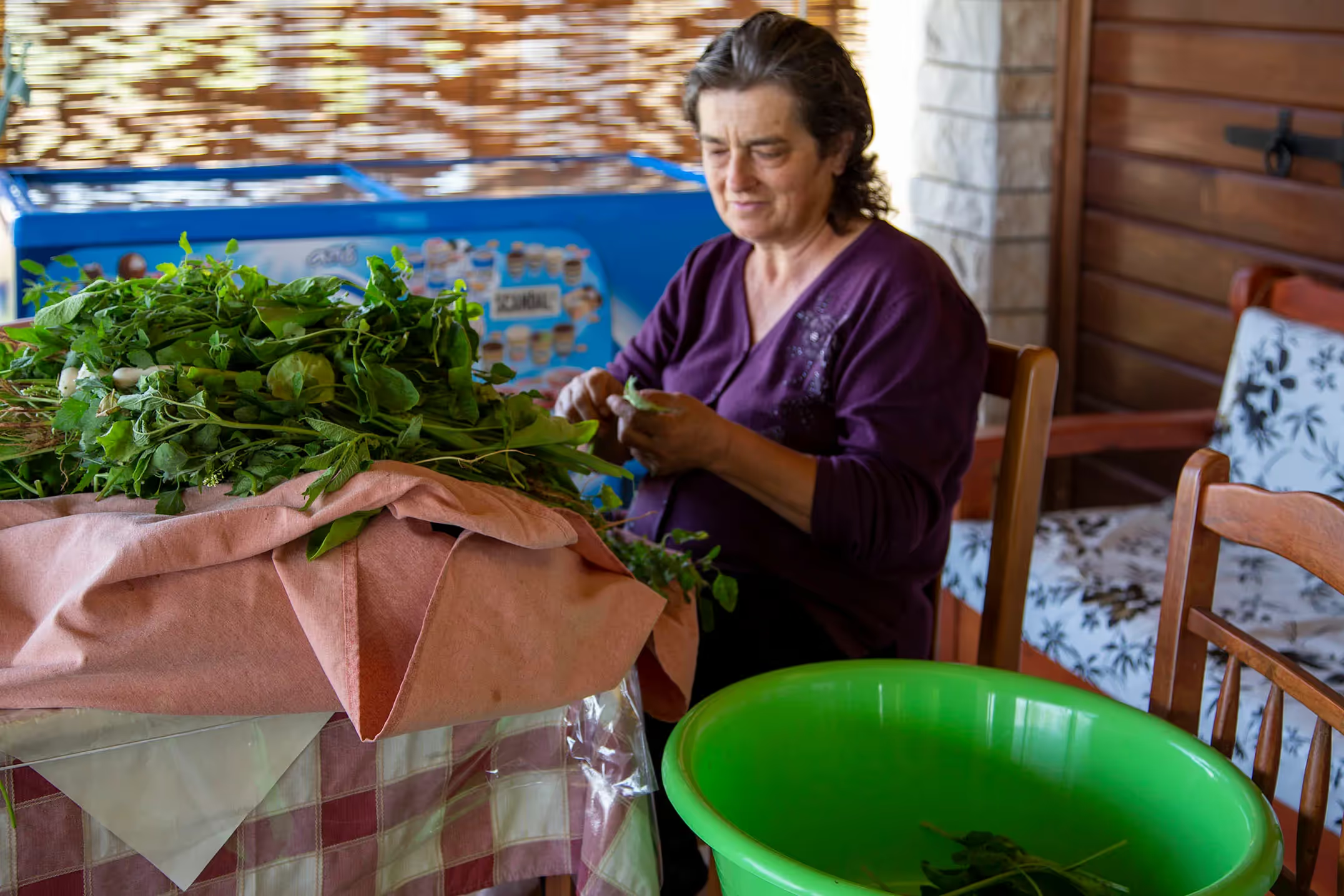
The welcome pauses at tavernas, one such Zepheros Taverna, where Marina sits at the horta table, sorting the wild greens collected earlier that morning from the groves and meadows. The wine and food here is exquisite.
There is the dead turtle on the beach nearby, its shell pierced by a speed boat or jet ski, its death no doubt long and painful.
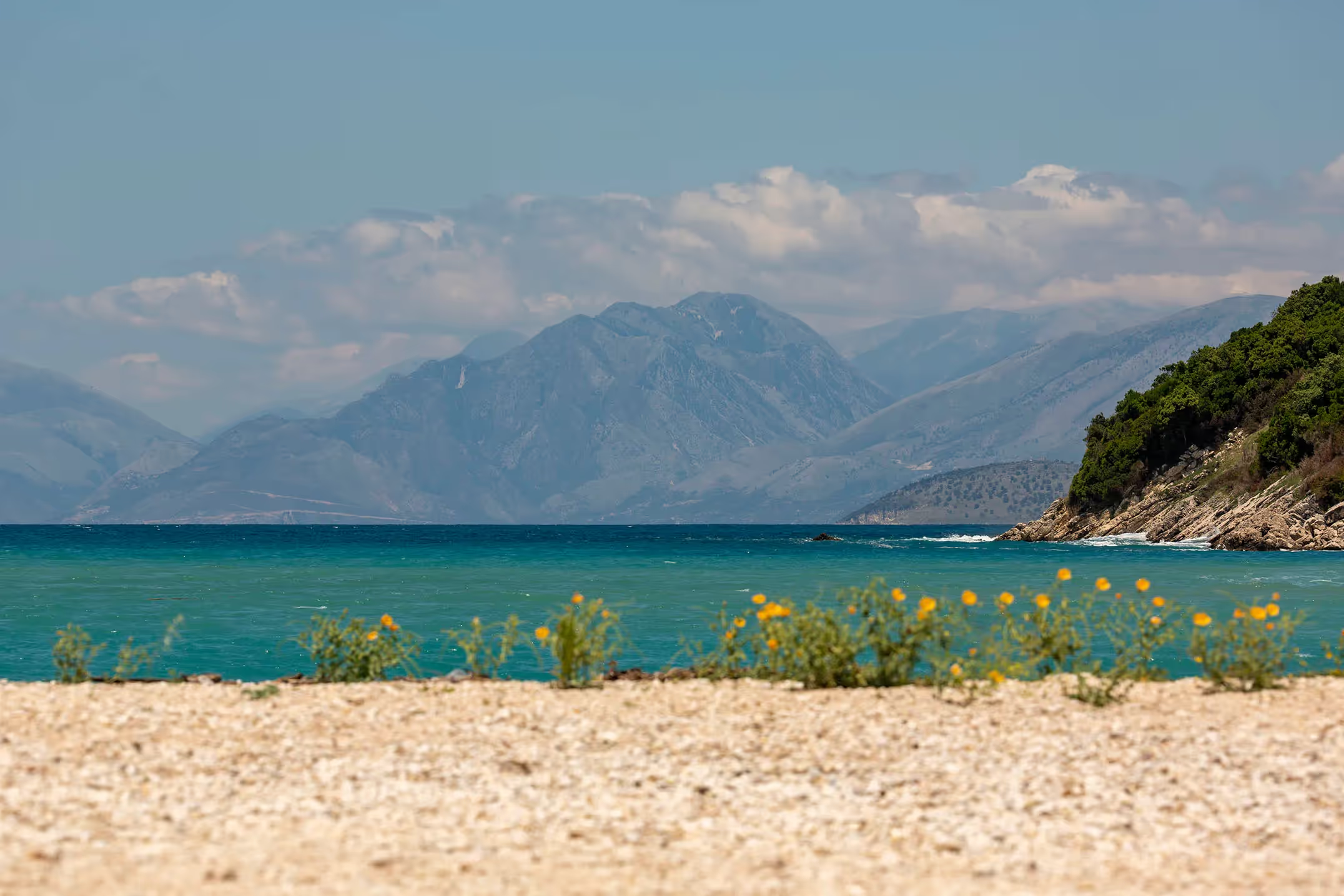
The evenings watching the sun set over the Albanian hills, the glass of wine on the patio, the walks through shady forests, the sunlight breaking through the woodland canopy to illuminate a carpet of wild flowers in the dappling light. Each day seemed precious, just as it must have done for Gerald all those years before. For Andrea and I our stay here was for two weeks, I can only imagine what five years in a young life would have felt like.
There are the ancient olive groves from a time when Venetians dominated the economy of the island.
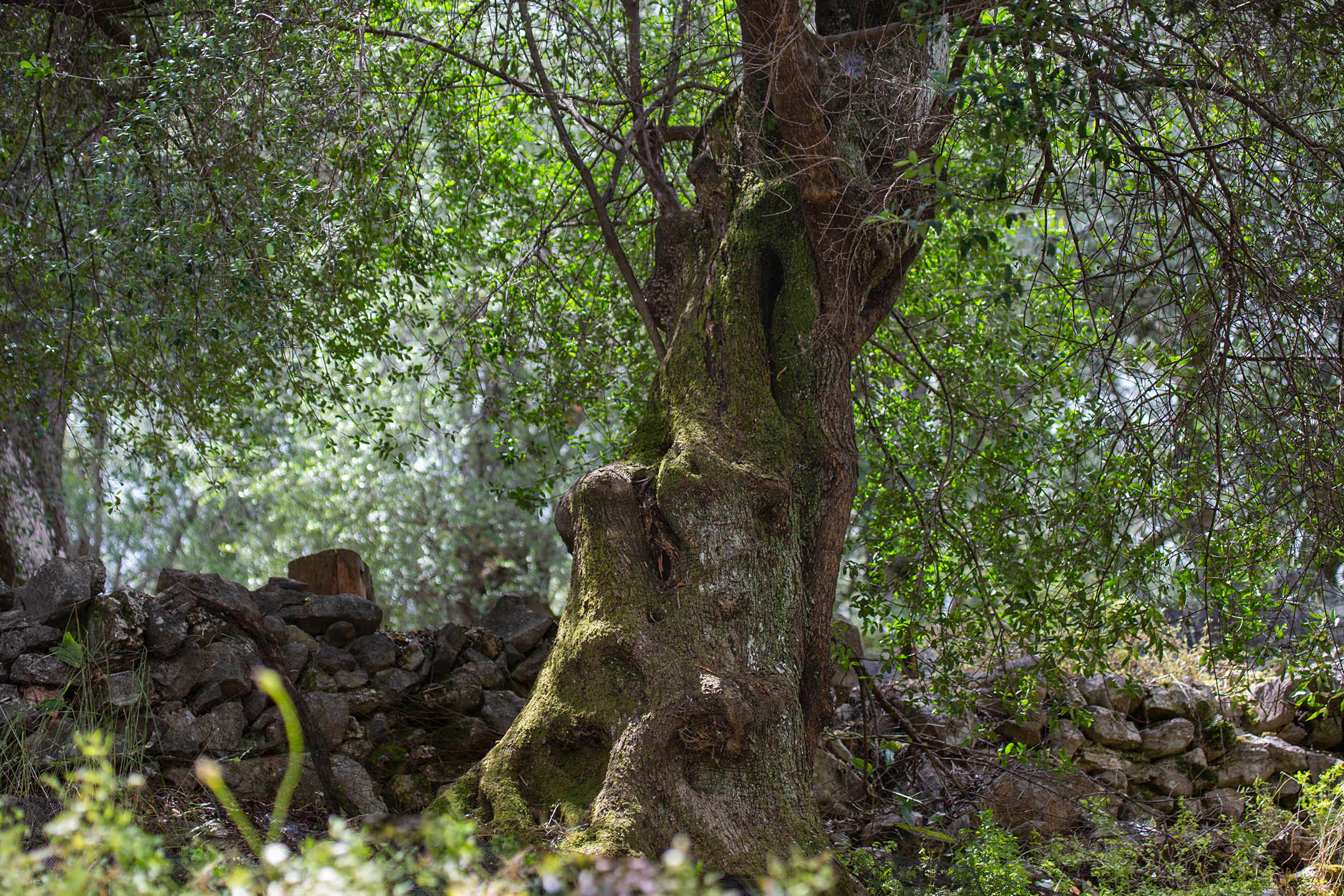
The trunks of the olive trees, like twisted rope with a thousand faces staring out from the hollows in the twisted wood.
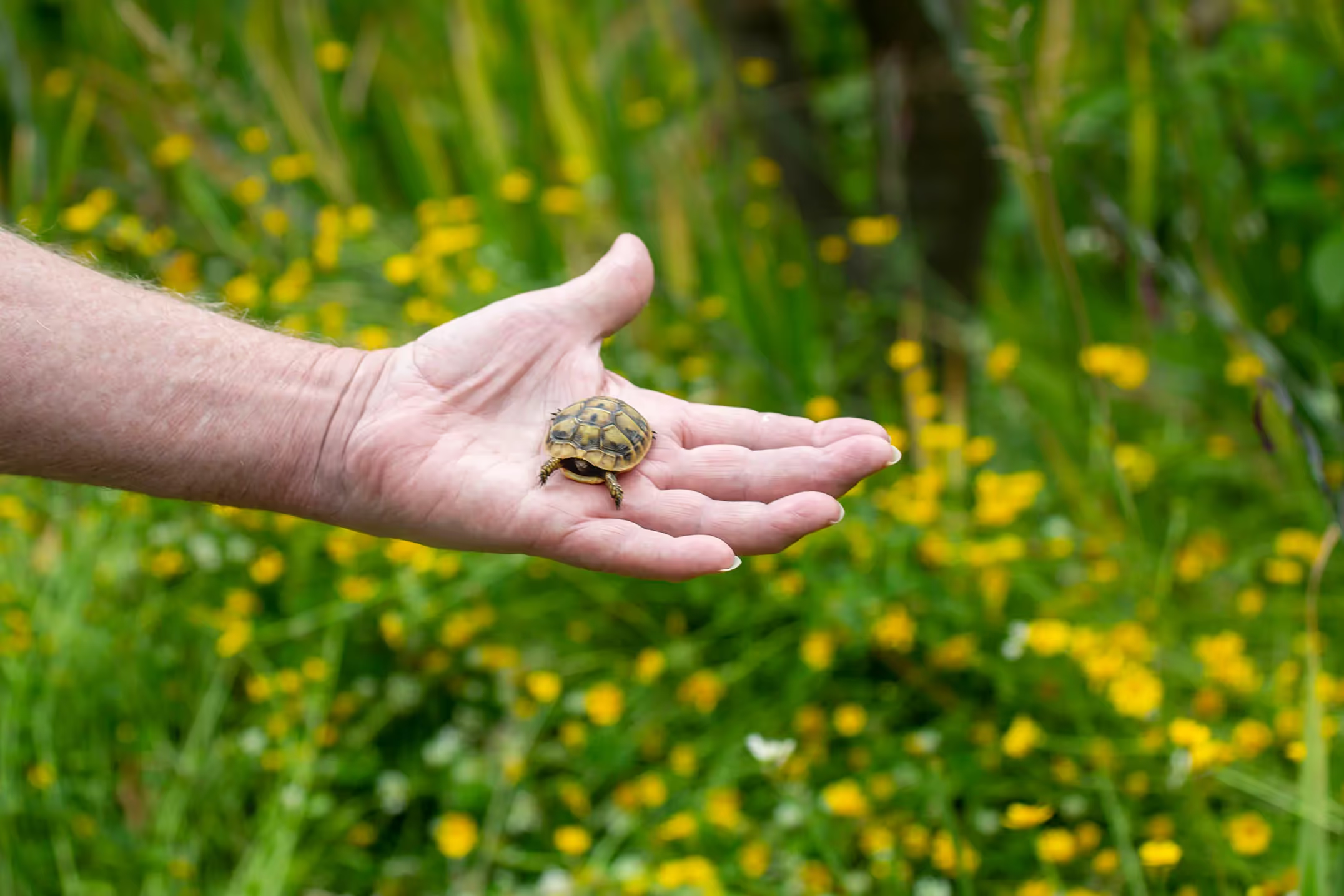
In these habitats, and if you look closely, the lizards, scorpions, geckos, tortoises, amphibians, butterflies, snakes, and bats, are all still here. Life for these animals has become far more hazardous as tourist developments and the number of cars increase, the testament to these changes, the ever increasing number of dead things along the narrow roadways of Corfu.
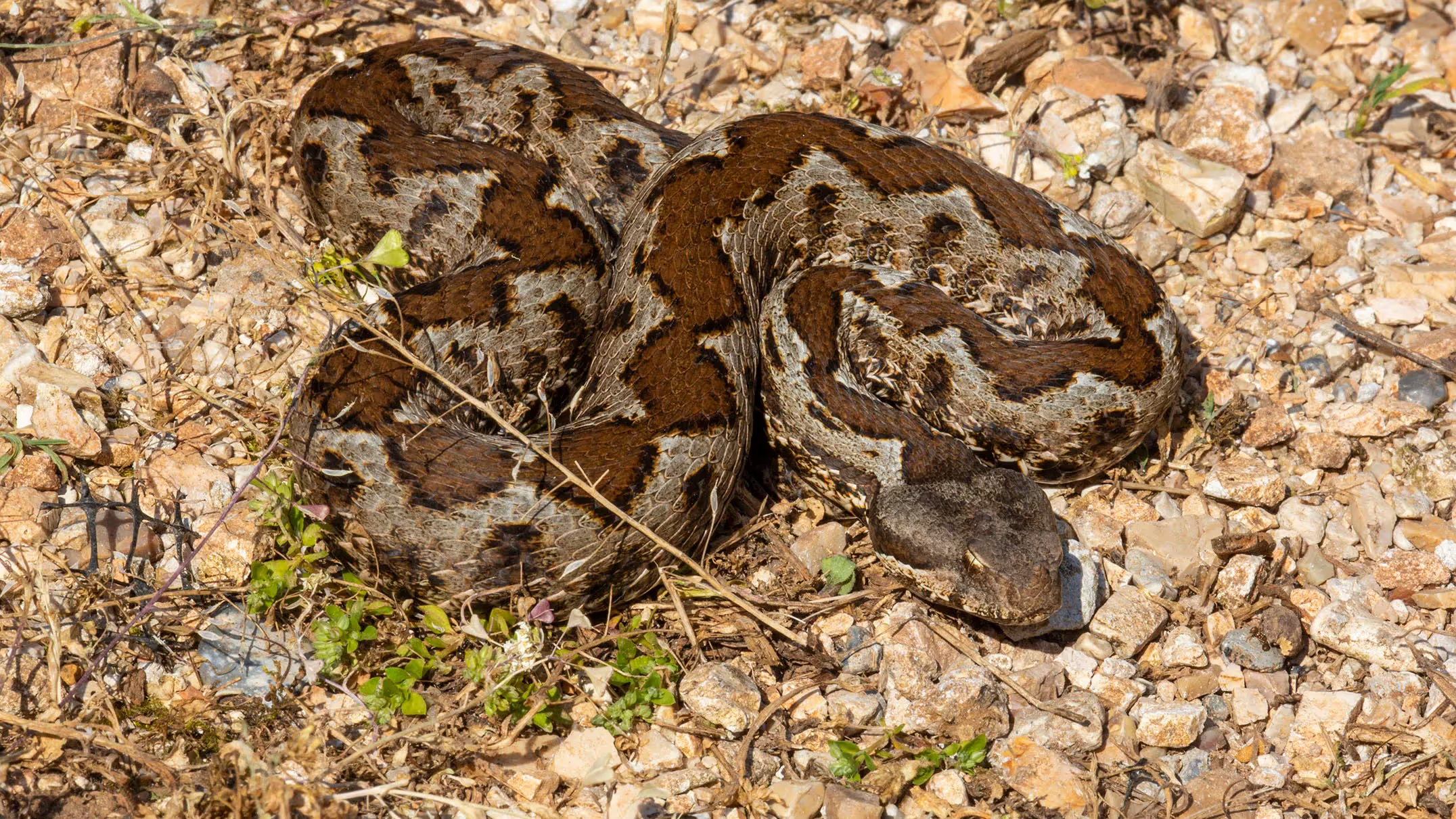
Here too are our friends from the Durrell School of Corfu, David and Alex Ashcroft in their Venetian house in Perithia, David and Rosemary Bellamy whizzing up hillsides to view a flower in bloom, another botanist David Shimwell and his gift of describing plants and their environs, I call it the poetry of plants, and Matt Wilson, dedicated herpetologist, a great source of knowledge of everything reptile and amphibian in the Greek and Mediterranean worlds.
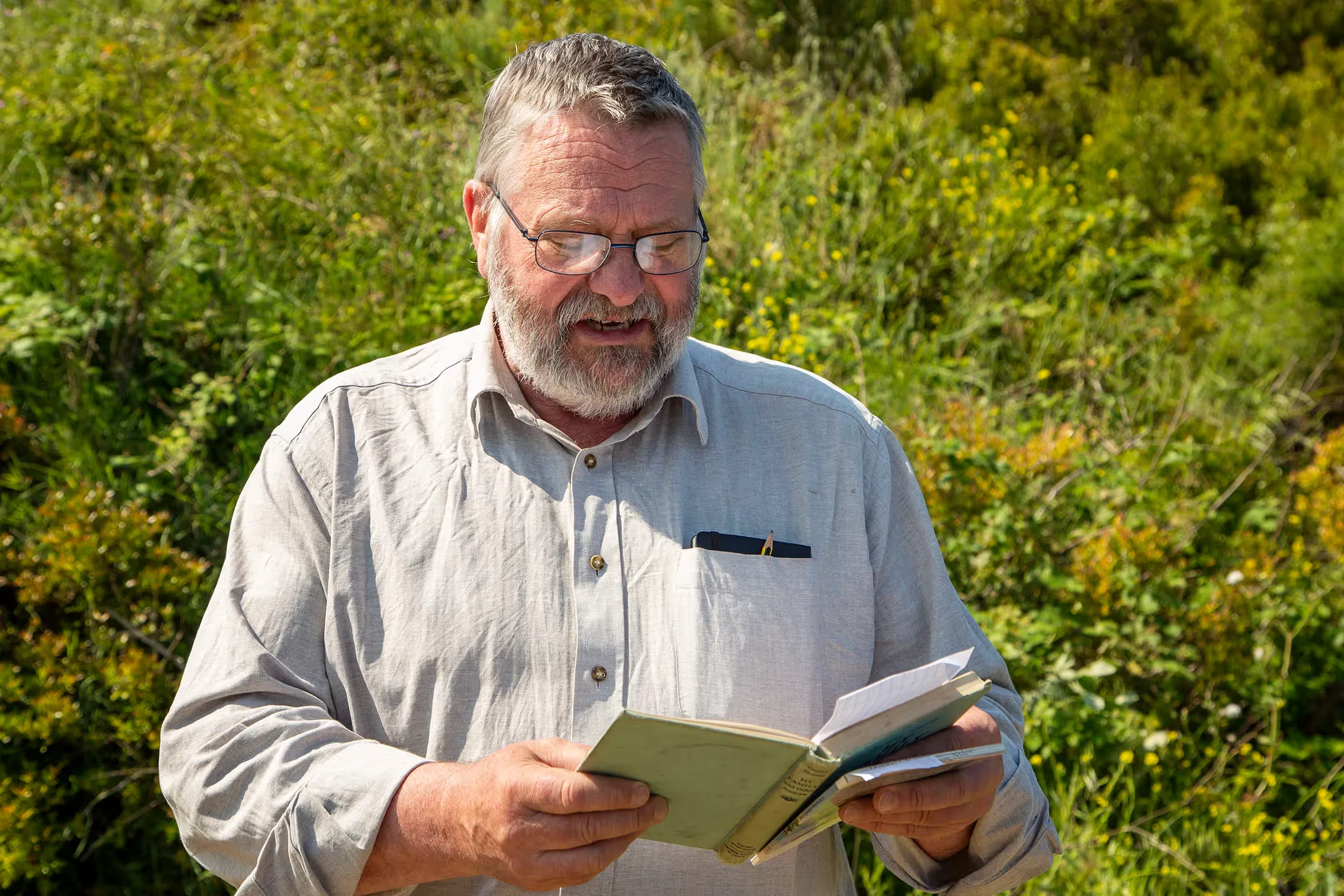
There is a lot to explore in the Durrell world, read the books (at last count I think Gerald wrote 37), visit Corfu and support the Durrell Wildlife Conservation Trust and take part in their events. It will all be time well spent.
The more we come to know about nature, be part of understanding the complexity of the natural world, the richer our lives become. And so it was on Corfu.
"With one hand he held his pipe to his mouth, and in the other a number of lengths of cotton, to each of which was tied an almond size rose-beetle, glittering golden green in the sun, all of them flying round his hat with desperate, deep buzzing, trying to escape from the threads tied firmly round their waists. Occasionally, tired of circling round and round without success, one of the beetles would settle for a moment on his hat, before launching itself off once more on its endless merry-go-round”.
And so went Gerald’s rose-beetle man……. and so went we, on our way back to London.
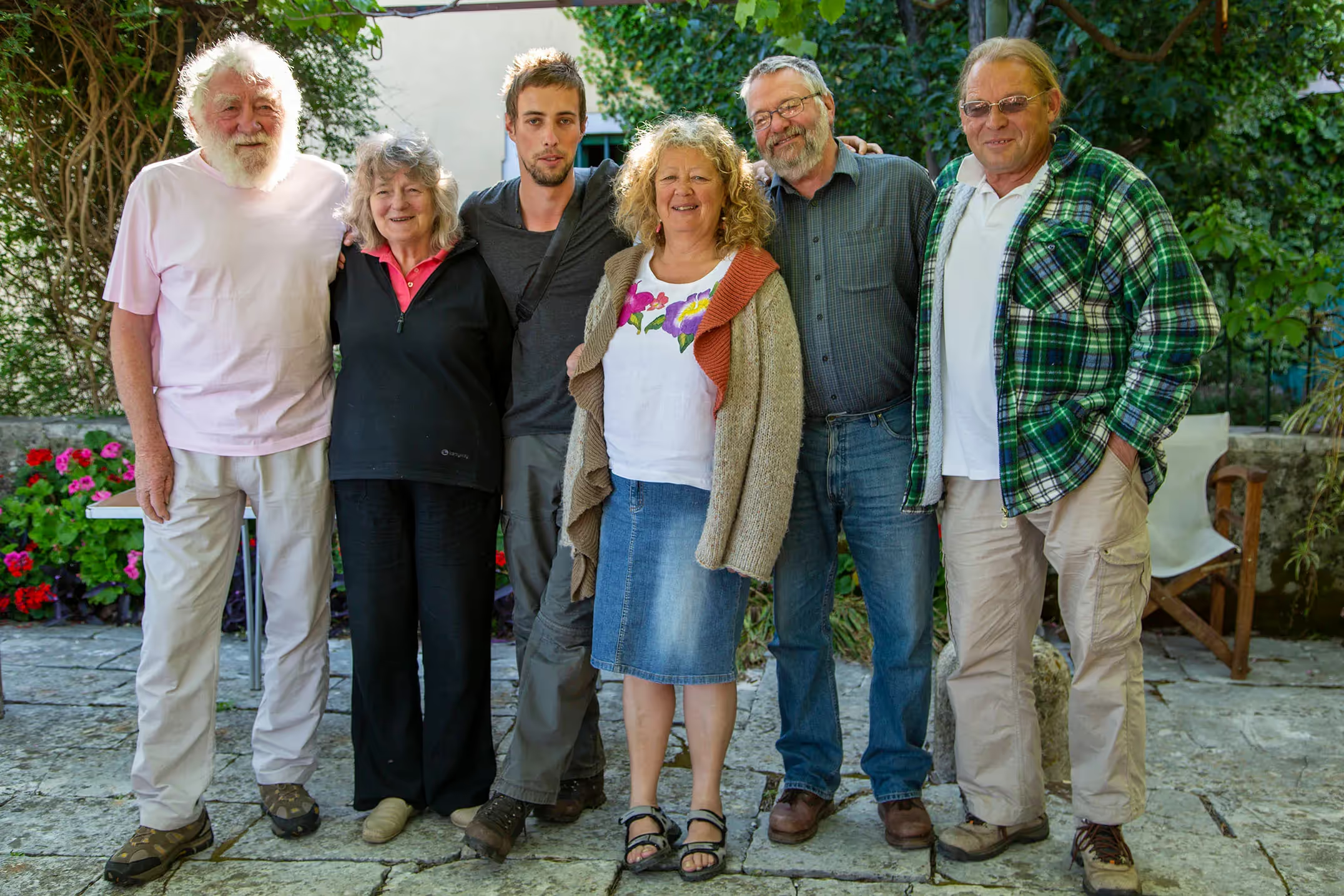
Added note: Sadly David Bellamy died in December 2019, following the death of Rosemary a few months earlier.
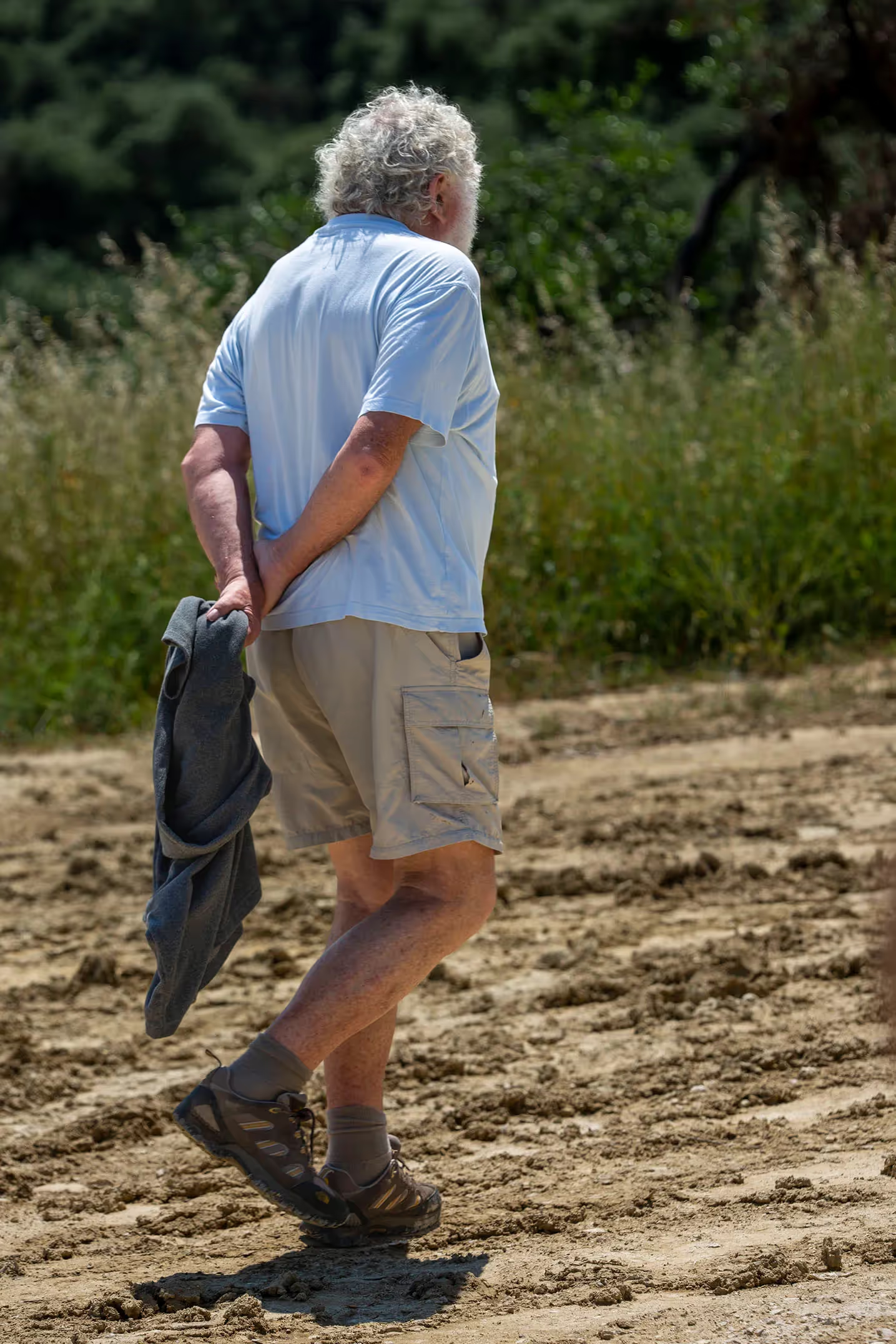
Posted from Clifton Beach, North Queensland, 2012.